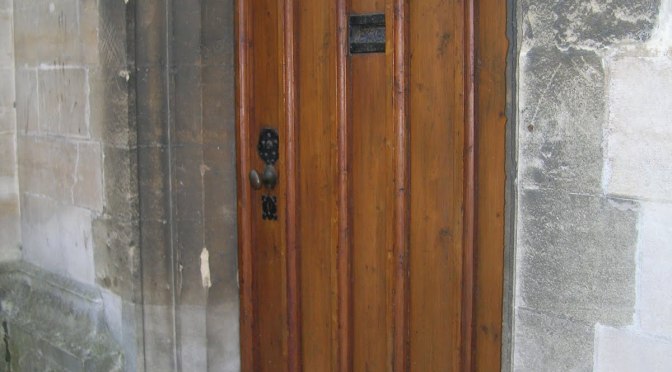Click here for Part I: Choosing a Postgraduate Programme.
Getting Ready to Apply. Many universities operate on a rolling admissions basis. Applications open in August/September for the following academic year, and you can receive a decision within as little as 4-8 weeks from the time you submit your application. Obviously, it’s a good idea to apply early, but make sure you read the fine print. Some universities only give you a certain number of weeks to accept an offer once they extend it and require a reasonably handsome deposit along with an acceptance, which might lock you in before you have the chance to hear back from other universities higher on your wish list.
Other universities, including Oxford, have a set deadline (or series of deadlines) by which to receive applications and notify all applicants of their decision at once (typically around March).
Particularly if you’re applying to universities with both types of admissions process, it’s worth doing a bit of hunting on the university websites so that you can draw up a “application schedule” with the opening dates or deadlines for applications, as well as any applicable response dates and deposits.
Submitting. Again, depending on the admissions processes, you may have to submit your applications fairly close together. If you can, though, it’s helpful to be able spread them out so that you can focus on the specific requirements of each application one at a time: some universities only ask for a short personal statement with general research interests in addition to your supporting documents like references and transcripts, while others ask for multiple writing samples and a general proposal for your dissertation topic, which will require more time and research.
Sit Back and Wait. This is the fun part. Not. Unfortunately, there’s not much you can do about it.
Getting Decisions. The application decision will come via email, either from the School or Faculty, or from a centralized Graduate Admissions Office, and generally follows the standard “Congratulations” or “We regret” protocol. If they have decided to offer you a place, you might get an informal email first from someone in the School, followed a day or two later by the “official” offer from the Admissions Office. Some offers will encourage you to accept if there’s the slightest chance that you might end up coming, while others will ask for a deposit along with an acceptance. Most will specify some sort of deadline for replying to an offer, but that could be a few weeks or even months, especially if you applied and heard back quite early in the cycle.
If you do find yourself in the enviable position of receiving multiple offers, resist the temptation to hoard them. When you receive the second offer, weigh it against the first and reject one. Do the same with the third offer, and so on. Not only does this allow the programmes you turn down to offer the place to someone else on the waiting list more quickly, but it prevents you from finding yourself faced with three or four offers, trying to compare them all against each other at once in order to make your decision.
Disclaimer: The above is based almost entirely upon my experience applying to taught master’s programmes in the UK and should therefore be taken with liberal grains of salt. The best place to find information on applying to individual master’s programmes is on the respective university websites.




